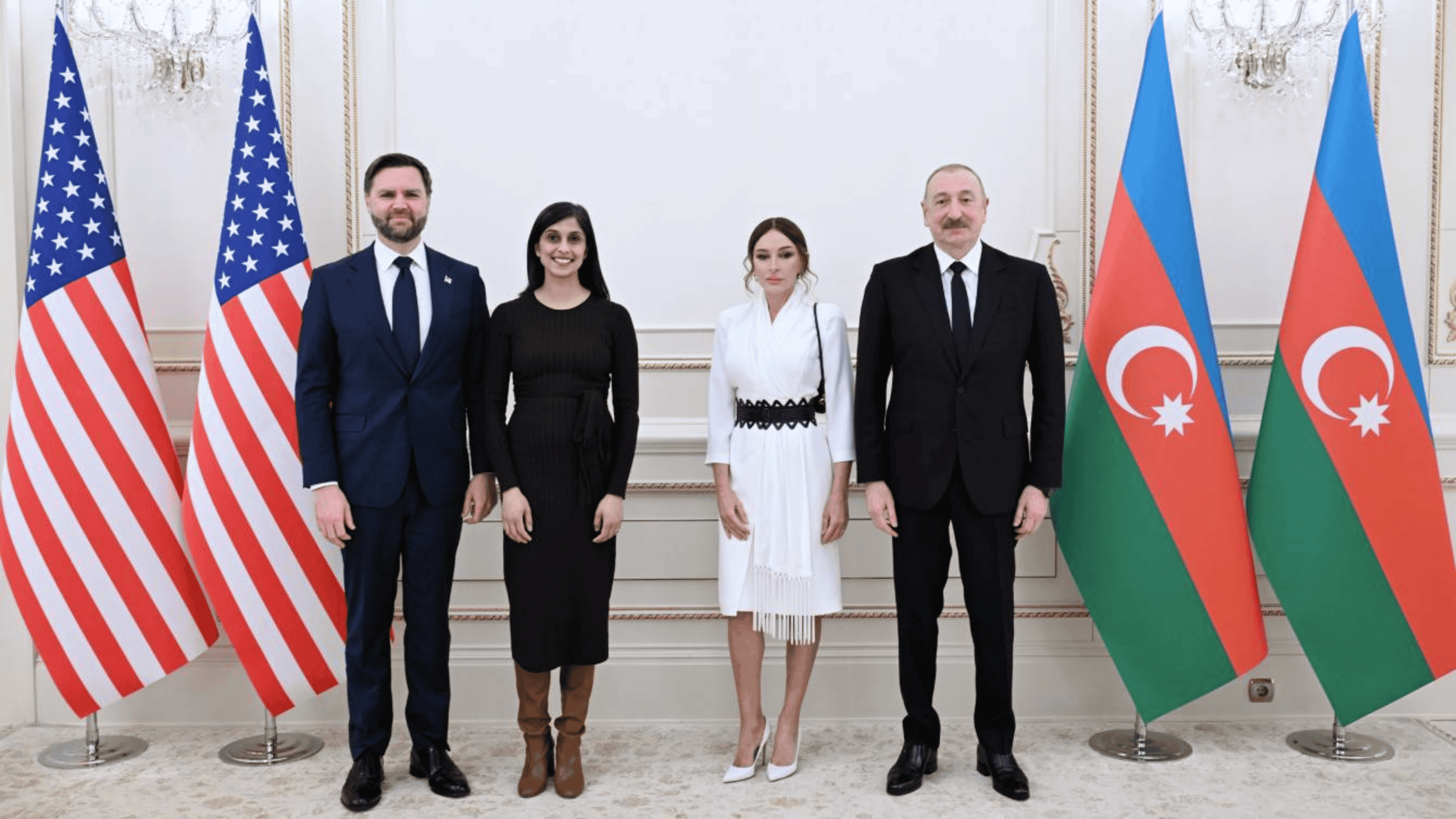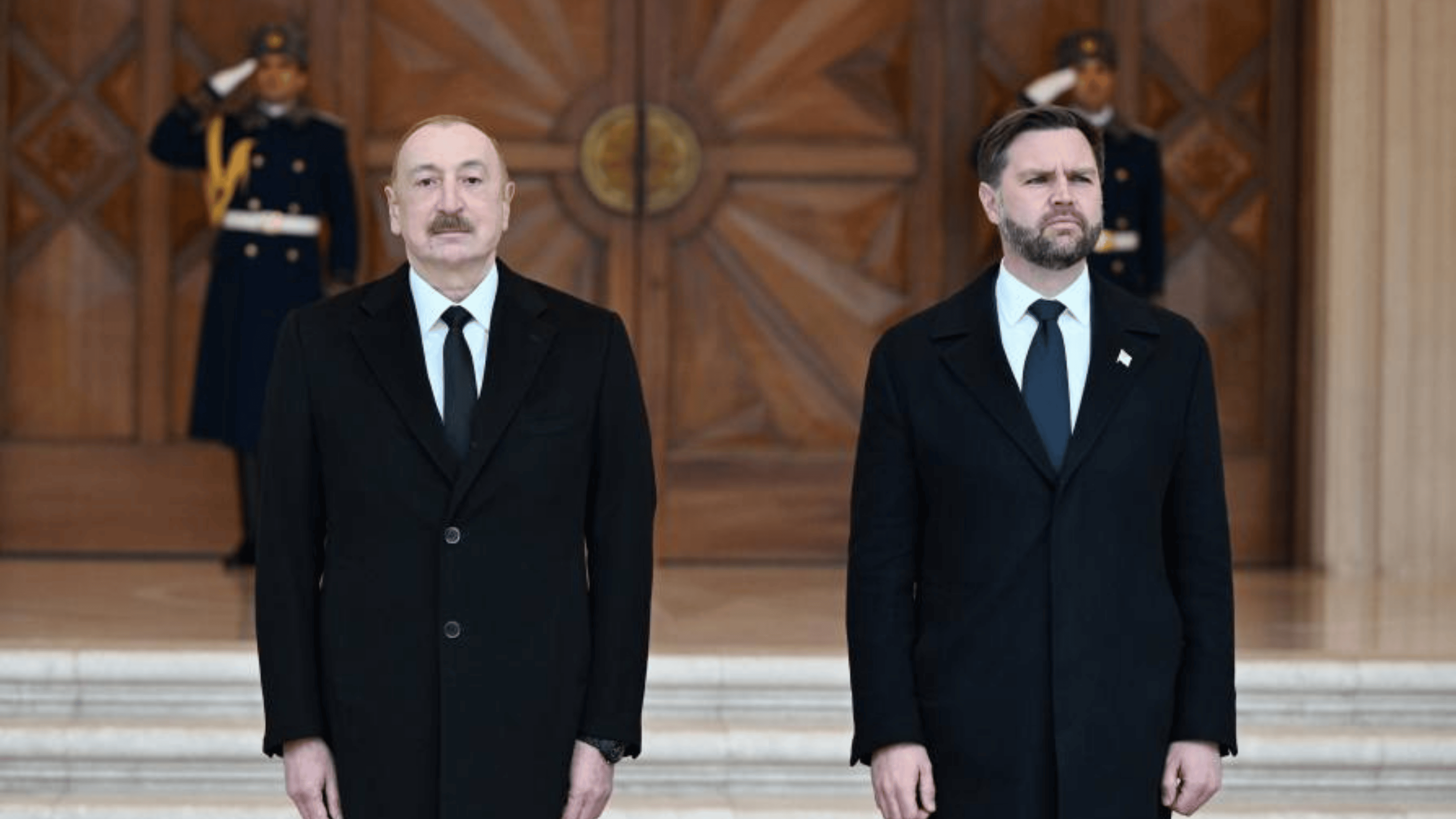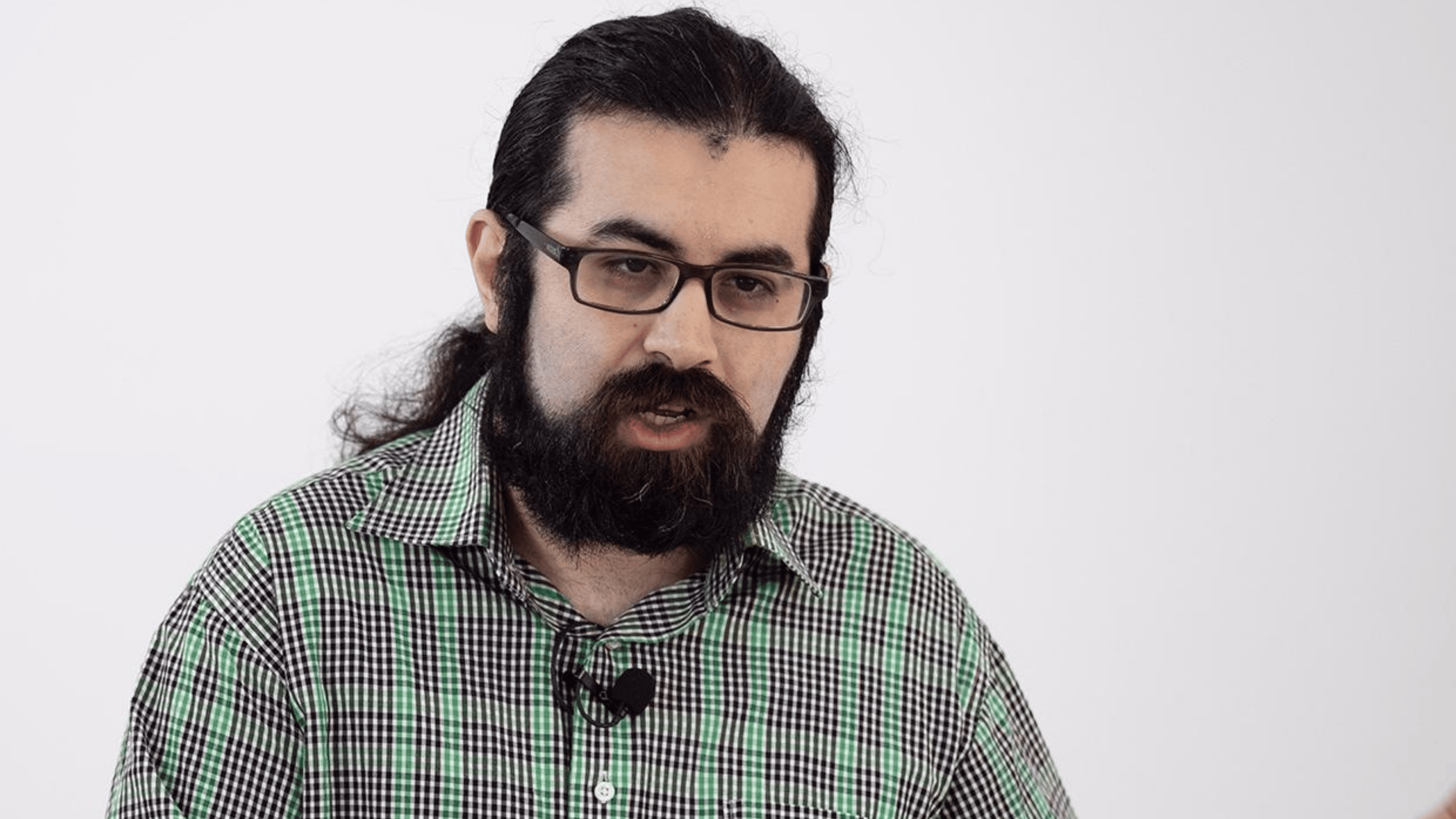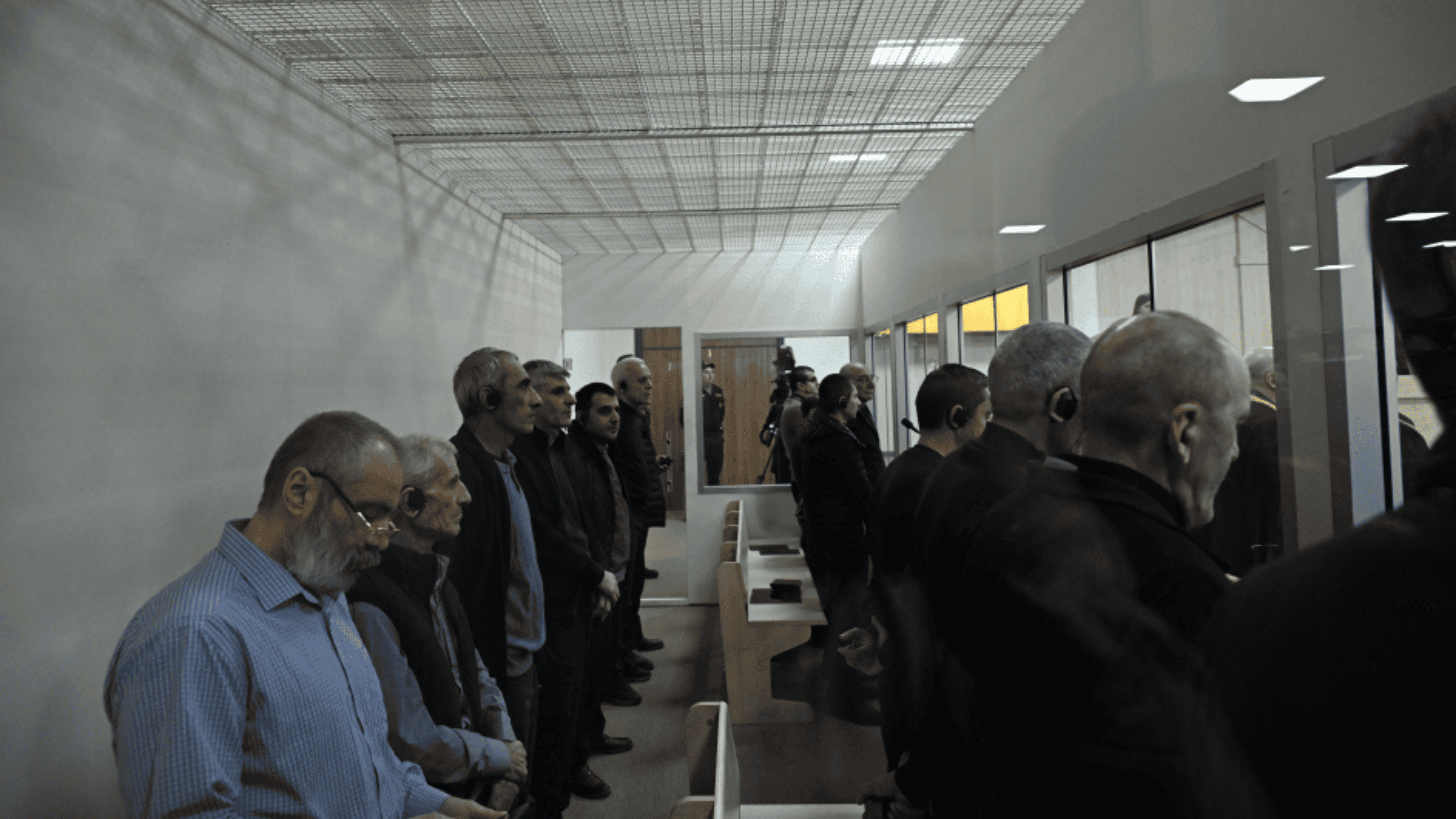“They only made it worse”: medical mistakes in Azerbaijan
The COVID-19 pandemic has revealed all the shortcomings of the healthcare system in Azerbaijan. Suffice it to say that in the last month, several people have died simply because they were refused medical treatment.
Law and coronavirus: the legality of Azerbaijan’s quarantine
Azerbaijan: woman dies before receiving medical assistance 15 hours after calling ambulance
Armenia, coronavirus: diary of a journalist in self-isolation with her three children
Diabetic in Azerbaijan – myths, stories and problems
But citizens of Azerbaijan were dissatisfied with the medical system, even before the virus struck. Azerbaijanis almost take medical errors and simple negligence for granted. Everyone we spoke to while gathering material for this article said that they always expect the worst from the country’s healthcare system. Citizens consider the task of weeding through the hacks to find a good doctor their personal responsibility, and do not rely on the authorities to provide a certain standard for them.
What is going on with Azerbaijan’s healthcare system and how can citizens protect themselves?
“Neither I nor my family are protected in this country”
Fidan’s mother had liver cancer. She had an operation to remove her tumor, but every month and a half, they had to go in for an examination to prevent a relapse.
“Mama would go to the oncology center, do the tests, and they would tell her that everything was fine. And then suddenly, she became very sick during one of her classes (she was a teacher).
We went to a private clinic and it turned out that the cancer had not only returned, but had already taken over 95% of her liver.
But this isn’t something that develops in a day, or even two. So, she was given monthly checkups and no one noticed anything, they just allowed the tumor to keep growing.”
Then, at the oncology center, they tried to sell us Herceptin to help her liver recover, which they should have given to us for free. In the end, we had to buy the medicine from Turkey.
But in any case, it was already too late – the tumor had metastasized and reached her brain, so there was nothing we could do.”
Having survived the death of her mother, Fidan decided that she would never again trust the health of her loved ones to the local healthcare system.
“Now I am actively looking for work to leave Azerbaijan. And the thing that most inspired me to do this was what happened to my mother. I realized that in this country, neither I nor my family are protected. I hope the pandemic will end soon, the borders will open and I can move.”
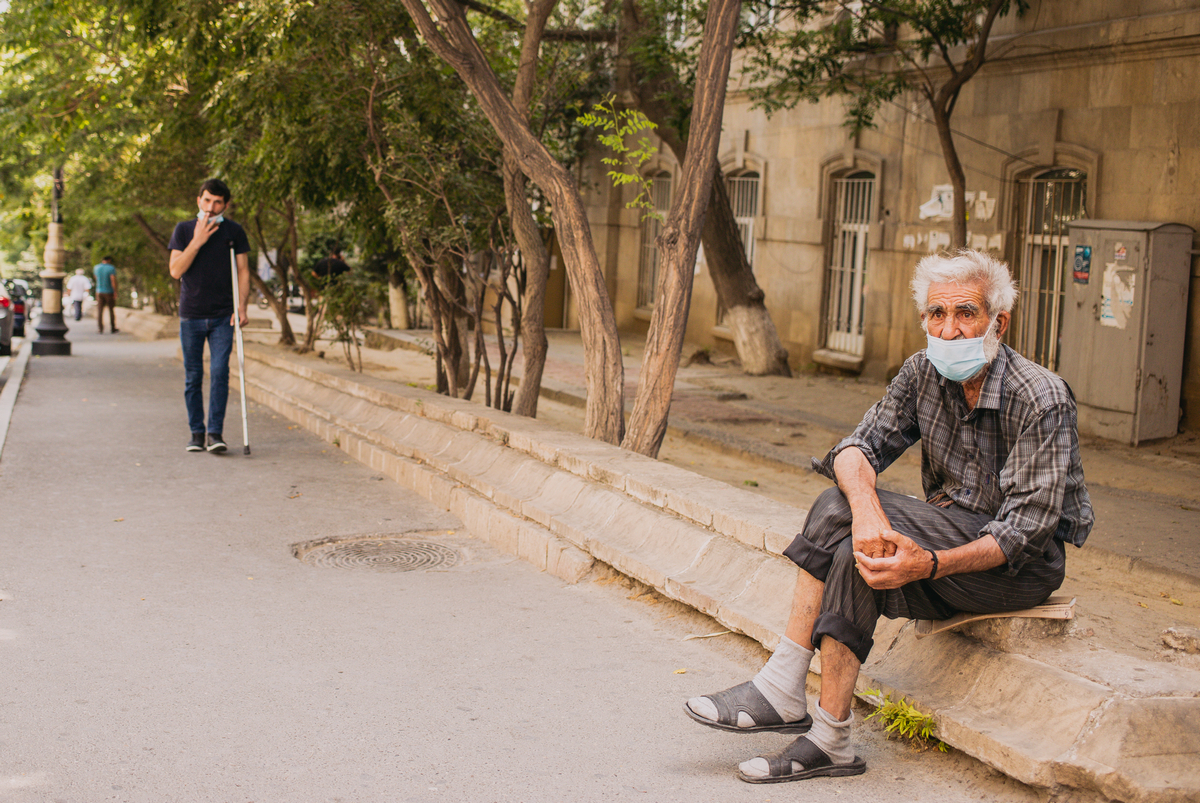
The crime that “never happened”
The Criminal Code of Azerbaijan has several articles related to medicine. Under the article “negligence,” the maximum punishment is from 5 to 7 years in prison, if the negligence led to the death of a person.
But lawyer Samira Agayeva says that very few people open criminal cases under these charges.
“Two women came to me whose father died in the hospital because they did not receive timely assistance. At first, the ambulance did not arrive for a long time, and then, when he was finally taken to the hospital, he waited outside for a long time before they let him in.
They had to call the police so that a doctor would come to him. Moreover, the doctor was drunk and could not do anything. As a result, they were forced to call another doctor from another clinic altogether, but by then it was too late, and the man died from a ruptured bowel.”
Agayeva says that the women filed a complaint with the prosecutor’s office, providing all the necessary evidence, but the prosecutors refused to initiate a criminal case, allegedly not finding a case for criminal culpability.
“And this is almost always how it happens. I cannot recall a time when a doctor has ever been prosecuted for not providing assistance to a patient. At maximum, they are be fired. Civil lawsuits are better. That is, if the patient demands the doctor repair the damage they’ve done, then the patient has a chance of winning the case.”
Human rights activist Eldar Zeynalov says that doctors are sometimes held criminally liable, but, as a rule, only in the event of the patient’s death.
If this happens, then the media usually reports that a criminal case has been opened, but the process itself is not monitored by journalists, and the public also has no interest in how the case plays out.
Without pressure from the community, the case peters out and it is easier for the culprit to escape punishment.
This is what happened, for example, in December 2018. A surgeon at a private medical center was charged under the 314th article – negligence – after the patient he had operated on died. The case went to court, but no one reported on how it ended.
“But even if the doctor was not sent to prison, this does not necessarily mean that he escaped punishment. Prison is one possible sentence, but they may also deprive them of the right to practice medicine. Plus, of course, such a soft sentence doesn’t come free,” explains Zeynalov.
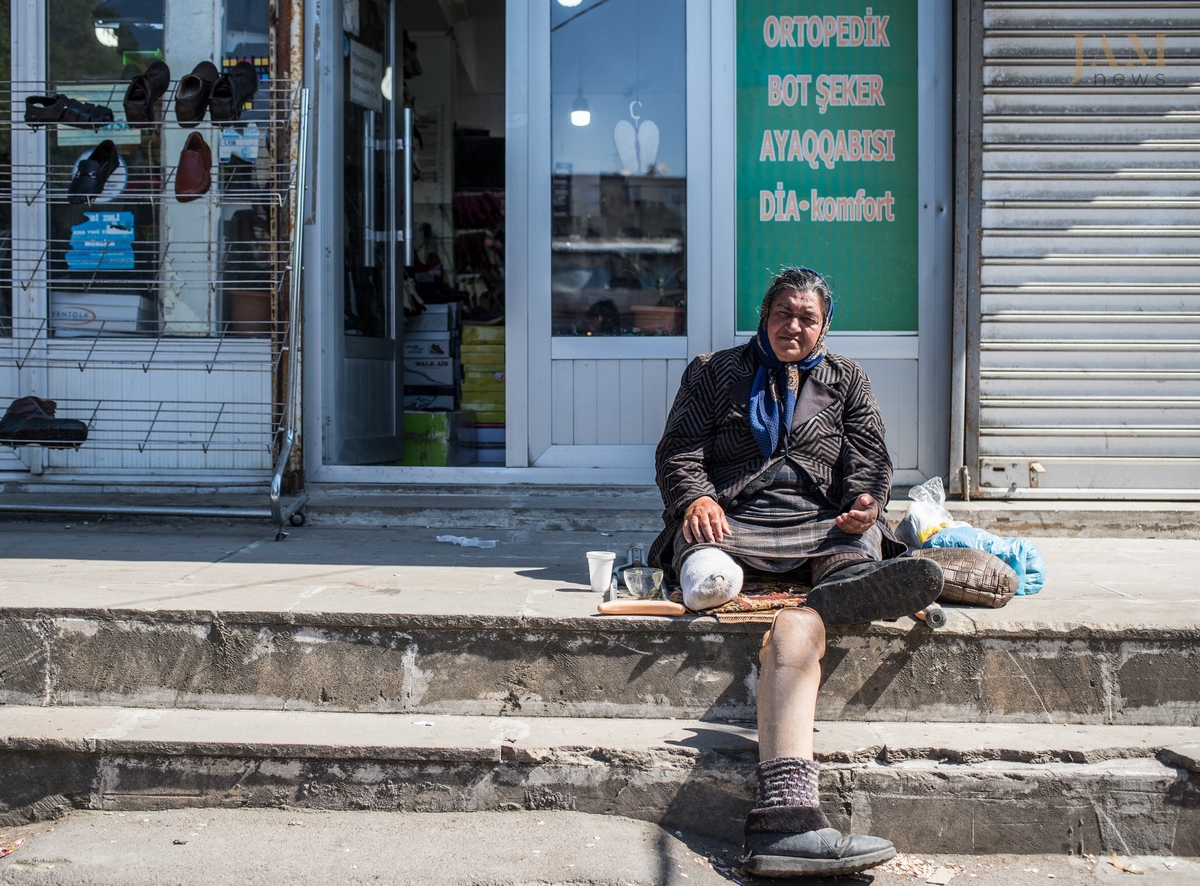
“In Baku, neither me nor my relatives have ever been cured of anything”
10 years ago, Aida slipped in the bathtub, fell out onto the tiled floor, and broke her arm in two places. After many hours of operation, the broken bones were “screwed back together” with special screws and plates, but she was almost completely unable to bend her arm. The doctor ordered her to go to physical therapy.
“The physical therapy consisted of a therapist bending and unbending my arm, trying to build it up that way. The pain was excruciating, hellish. Which is why I only went a few times and then dropped it – I couldn’t handle it anymore. And I confessed this to my doctor.
He sent me to get a second x-ray and it turned out that during these bending and unbending exercises, the physical therapist had broken another bone in my arm. The doctor shook his head and said there was nothing to be done, I just had to let the fracture fuse back together and accept the fact that I would never be able to bend my arm.”
Aida did not come to terms with this and took up treatment on her own. Over time, the arm began to function as before, but she was in almost constant pain, which grew more intense when the weather changed.
“I almost got used to this pain. A couple of years ago, while on a business trip to Vienna, they took me to a traumatologist. He was surprised to see how long I had managed to twist my arm in that shape, and said that it was now too late for a second operation, but that they could remove the pain.
He gave me some sort of injection and the pain went away completely, and didn’t come back for almost a year. Since then, I have traveled to Vienna twice a year to get same injection.
This year, because of the closed borders, I couldn’t go, but as soon as the borders open, I will fly there immediately.”
Theoretically, Aida could find out the name of the drug and get injections in Baku, but she has not trusted local doctors for a long time, even for such simple procedures.
“The whole broken arm saga is not the only time I’ve had issues. My back has also been hurting me for many years and no doctor can say why. I had gynecological problems, and the only prescription I got was to “walk a lot.” My mother has leg problems and, once again, I had to take her first to Istanbul, and then to Vienna.
In general, in Baku, neither me nor my relatives have ever been cured of anything. On the contrary, they made it even worse with their false diagnoses and improper treatment.”
Aida believes that the state of Azerbaijani medicine is deplorable, and that there are several reasons why – from corruption at the Azerbaijan Medical University, where most of the country’s future doctors are trained, to the weak judicial system.
Patient with a pistol
The doctors themselves say that the level of incompetence among Azerbaijani doctors is exaggerated, and that the public is too prejudiced against them.
Pediatrician Emilia Ragimova worked as a district doctor for ten years, and as head of the department in a children’s clinic for another thirty. And she says that medical errors are quite expensive for the doctors themselves.
“First of all, we are not monsters who deliberately endanger someone else’s life, especially children. And secondly, if something does happen, we get skinned alive, both the ministry and the parents.
Many times in my practice, I’ve encountered an angry father of a child who has the firm intention to kill a doctor who made a mistake. One even came with a gun.”
The pediatrician says that the mistakes most often made in her field are late diagnosis or a side effect of vaccinations.
Ragimova says that the only example of “intentional” medical errors is the abuse of antibiotics: “They are prescribed to make it seem like something is being done, to calm parents or to lower the child’s temperature, which does not need to be lowered, as it will subside in a few days.”
The surgeon of one of the state clinics, who wished to remain anonymous, also urges doctors to be treated with great understanding and, at least, not to blame doctors on the whole for the mistakes of a few.
“Of course, no doctor wants to specifically harm the patient, as patients sometimes think. The causes of errors are inexperience or negligence, and sometimes an accident in which the doctor is not to blame. For example, I myself once hurried with a diagnosis.
Moreover, it was my friend. He fell, I examined him and said that everything was in order. And later I realized he had fractured a bone. He still holds this fracture against me.”
The doctor claims that, in the event of any mistake, doctors are usually tormented much more than they deserve.
Doctors are paid very little in state clinics and hospitals (the State Statistics Committee reports that the average salary of doctors is half the average salary in the country) and they rely on the “gratitude” of patients.
And very often, the expectation of this “gratitude” becomes outright extortion – for example, as in the case when a person with an open hip fracture had to wait two days for surgery, while relatives collected the money to pay the doctor for the work.
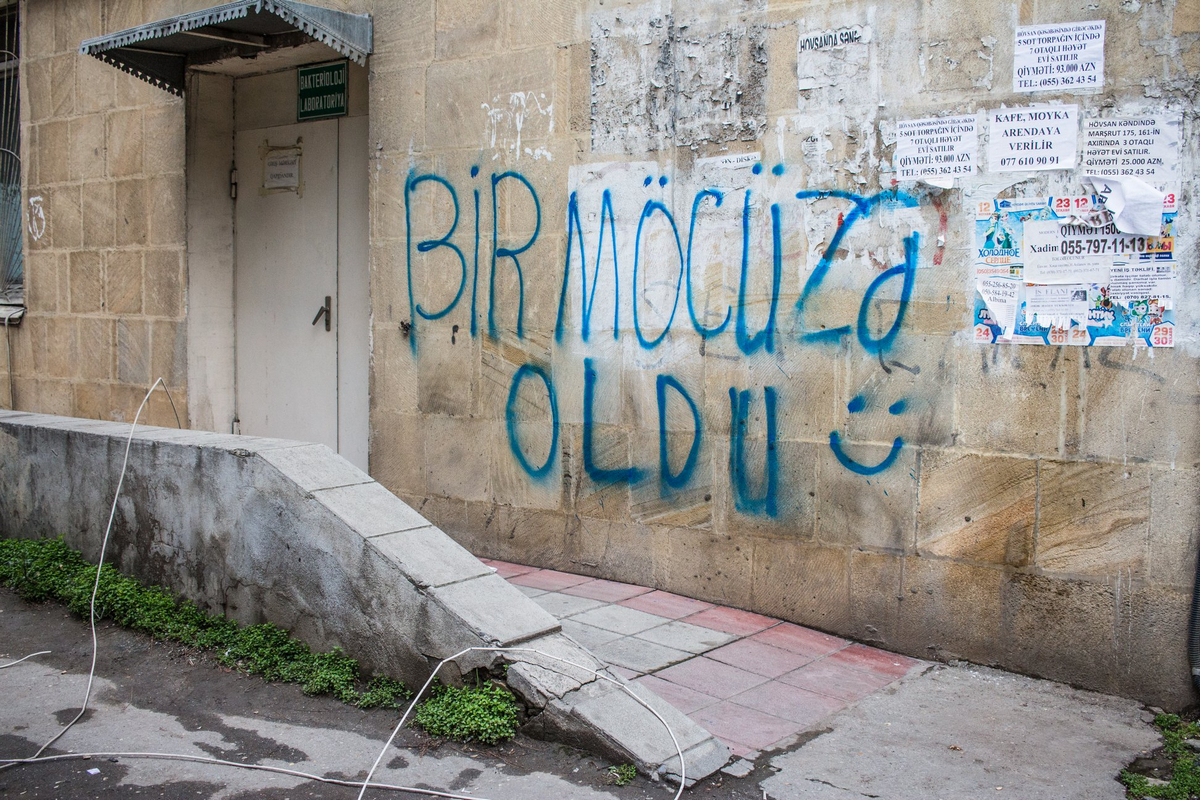
How to avoid becoming a victim
When asked whether it is possible to somehow protect oneself from medical errors, negligence and the like, Samira Agaeva answers that this, unfortunately, is practically impossible.
Unless we are talking about a private clinic, where, theoretically, you can come to some sort of agreement about liability in these cases.
But in Azerbaijan, there is no such practice.
In order to somehow protect themselves, the citizens of Azerbaijan are making every effort not to get to an incompetent doctor.
- They refuse to go to a doctor without a recommendation from friends;
- They try to choose private clinics, rather than state ones — conditions and salaries are better there and less likely to try to extort you;
- They go to other countries for treatment.
Doctors also agree that it’s best to go to private clinics, rather than state ones. Dentist Murad Ibragimov says that it is an issue of funding – doctors in state clinics sometimes just don’t have the right equipment or the right drugs, sometimes there’s no way to even sterilize the instruments in compliance with all the regulations.
The doctor also advises patients to be careful in choosing a specialist.
“To be absolutely sure that a doctor is good, you need to talk to him,” advises Murad Ibragimov for those who want to protect themselves from improper treatment, when possible.
“If he speaks well and sounds competent, uses medical terms, but all ones you understand, then he is the right choice. If you feel smarter after talking with the doctor, then this is the doctor you need.”
With support from the Russian Language News Exchange










